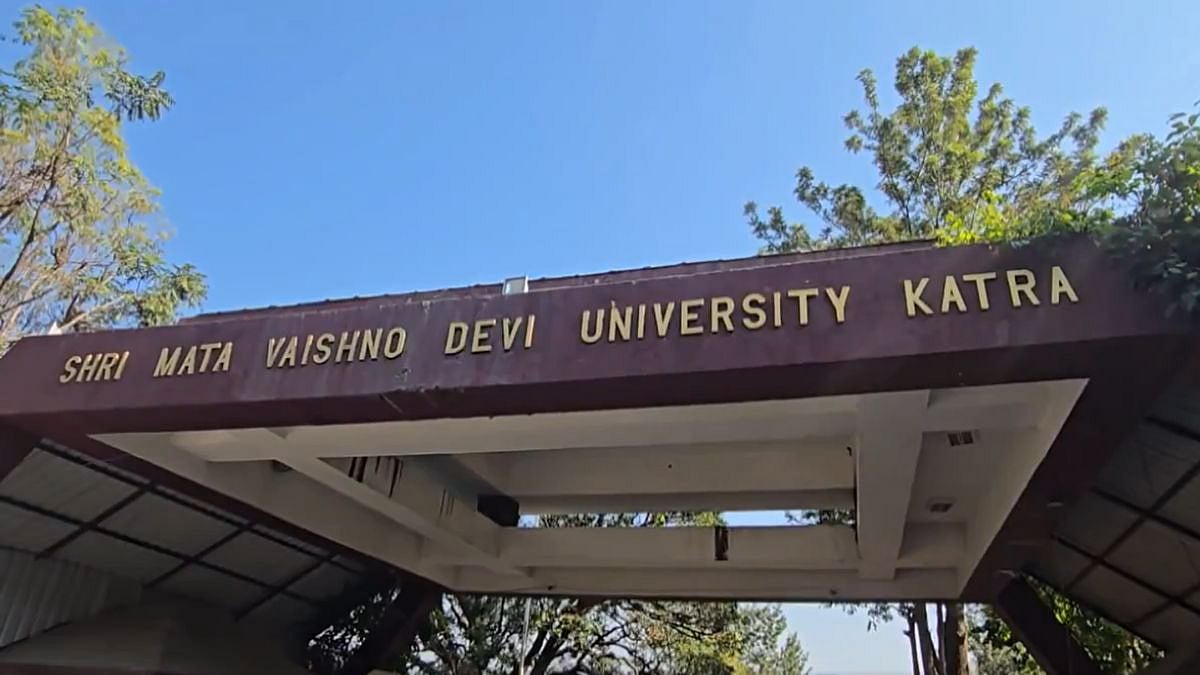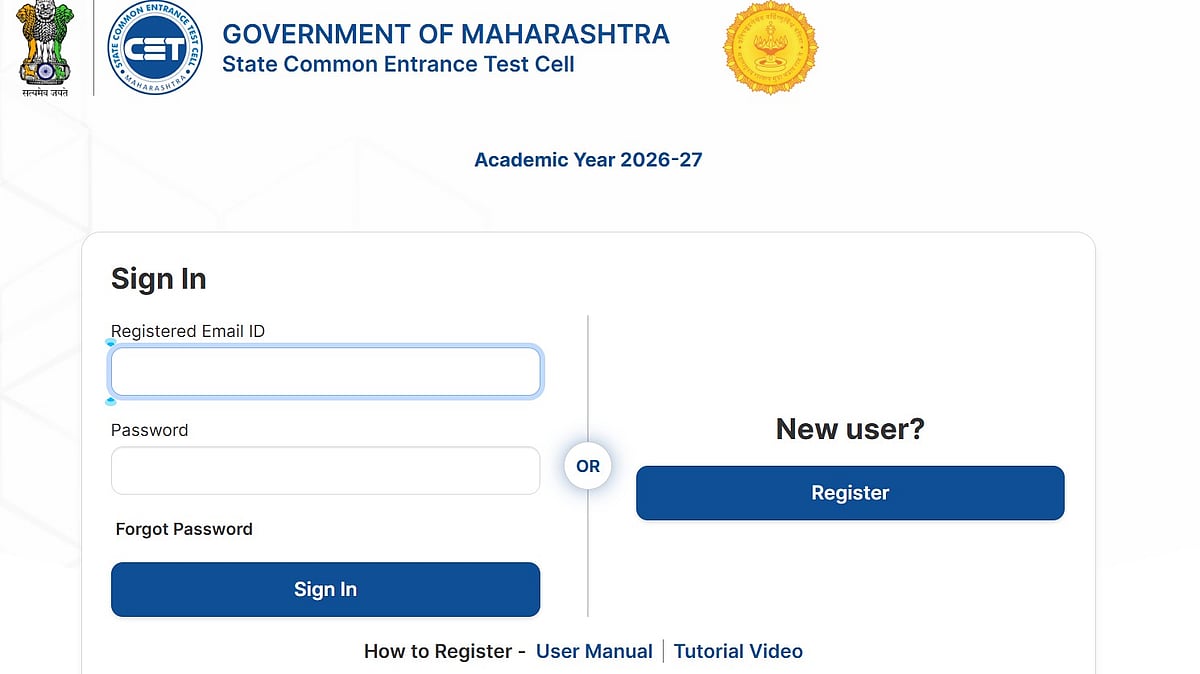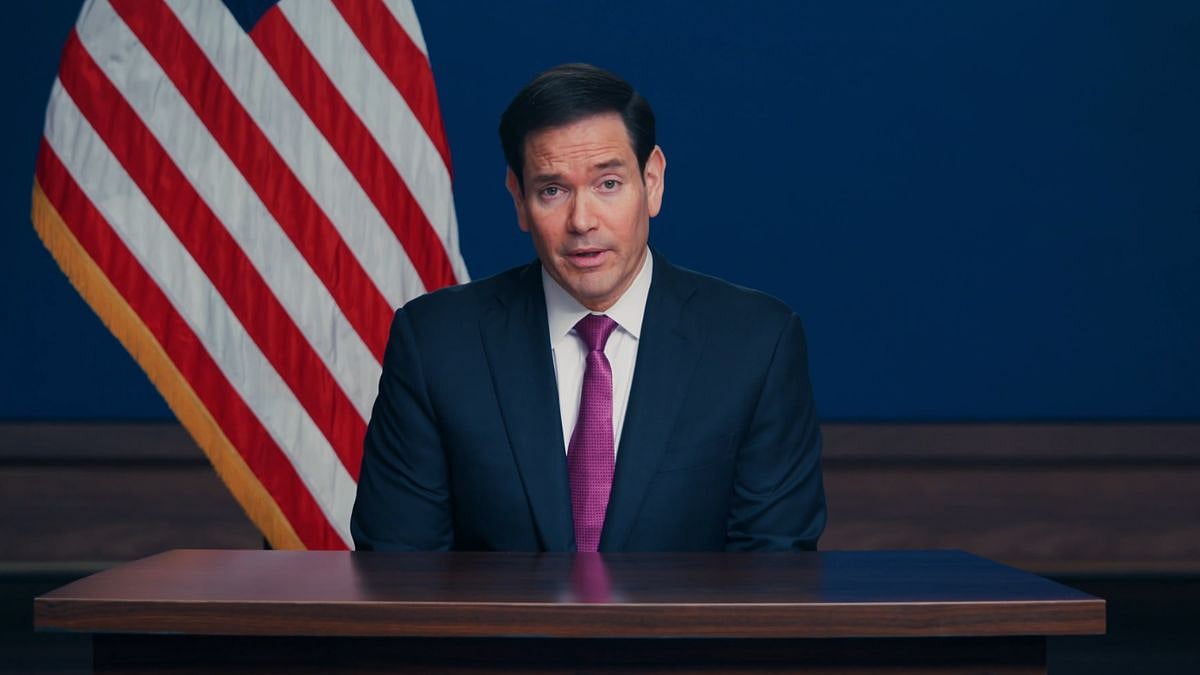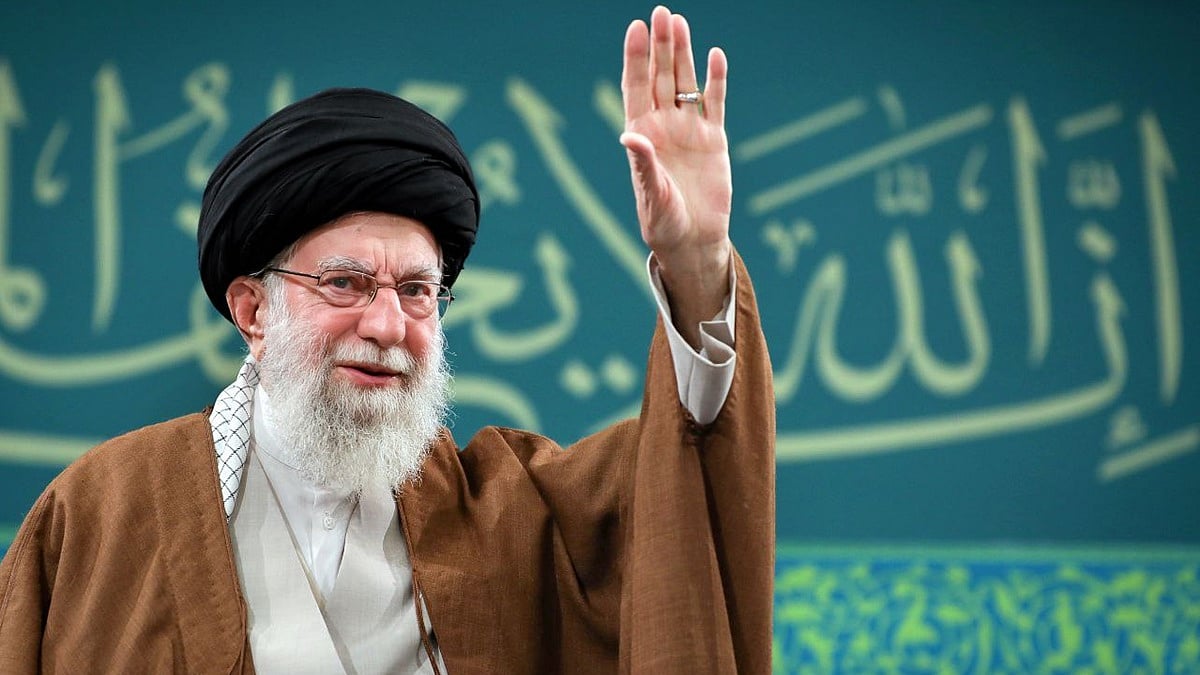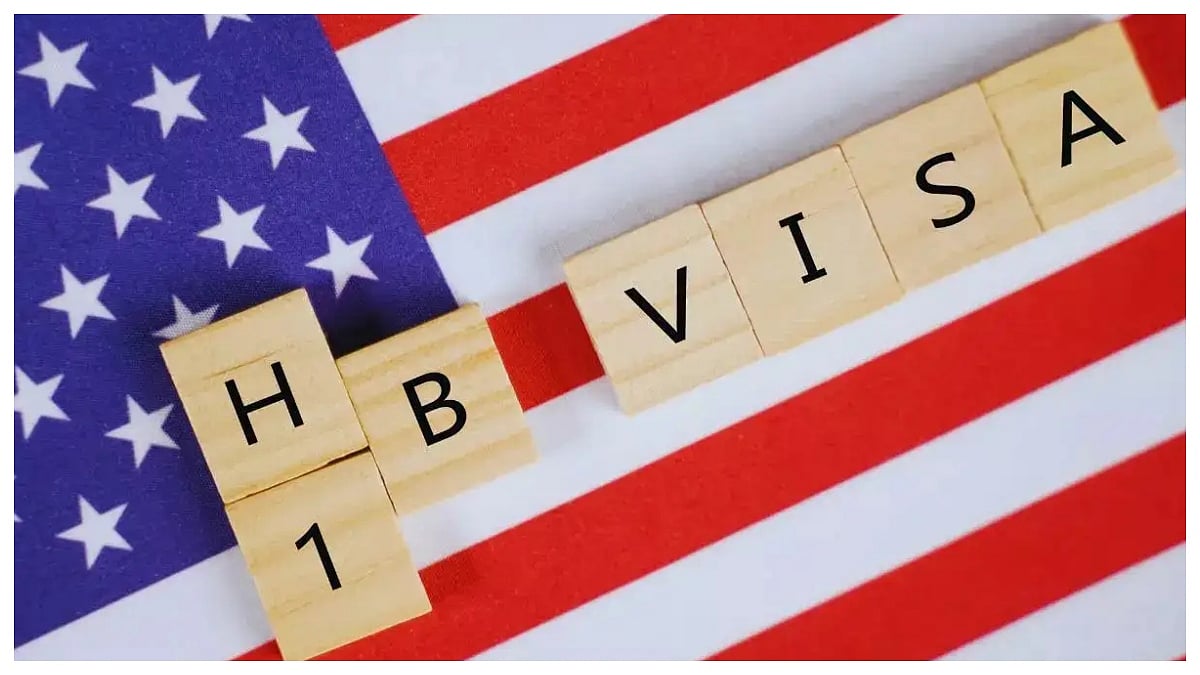“One cannot have the cake and eat it too”. This old adage comes unbidden to mind in the context of the latest controversy over admissions to the Shri Mata Vaishnodevi Institute of Medical Excellence. In the maiden batch of 50 MBBS students, 42 happened to be from the Muslim community and eight from the Hindu community, all belonging to the Jammu region.
Several Hindu organisations have objected, arguing that a medical college funded by offerings at the Vaishnodevi Temple should, in effect, reflect the identity of the devotees. Such reasoning, however, collapses under the weight of fact and law.
The college was established under legislation passed by the Jammu and Kashmir Assembly, which clearly stipulates that admissions must be based on merit, not religious identity. Like all medical institutions in the country, it is bound by the centralised admission system anchored in a common entrance examination—a system designed precisely to eliminate parochialism and ensure fairness.
A certain percentage of seats is earmarked for students from the state, in this case Jammu and Kashmir, but nowhere does the Act hint that merit may be sacrificed to accommodate any religious group. The claim that the institution was built solely with funds offered by Vaishnodevi pilgrims simply does not stand scrutiny.
Both the Central and the state governments have contributed far more than devotees to the overall development of the shrine and its associated institutions. It is also relevant that the Shri Mata Vaishnodevi Shrine Board, which administers the temple and its properties, is headed not by a mahant or religious functionary but by the Governor of the state.
To argue that admissions must therefore be shaped by dietary habits or cultural practices is to drift into the absurd. Chief Minister Omar Abdullah has rightly pointed out that the admission list was prepared strictly in accordance with the laws of the land. He has also made it clear that if the Supreme Court were to direct a revision, the government would comply. That is how a constitutional democracy functions.
A sectarian leader has argued that if the promoters had set up an Ayurvedic college or an institution to propagate the values of Sanatana Dharma, the present “problem” would not have arisen. He may well be right—but only in the sense that a professional medical college must operate within the country’s legal and regulatory framework, while a cultural or religious institution need not.
For every such college where minority students dominate a batch, there are hundreds where the majority community is overwhelmingly represented. It is a pity that such illiberal demands emanate from those who claim to govern in the name of development for all.
The choice, ultimately, is simple: either we uphold the rule of law and the principles of merit, or we abandon them at the altar of sectarian sentiment. One cannot do both.
